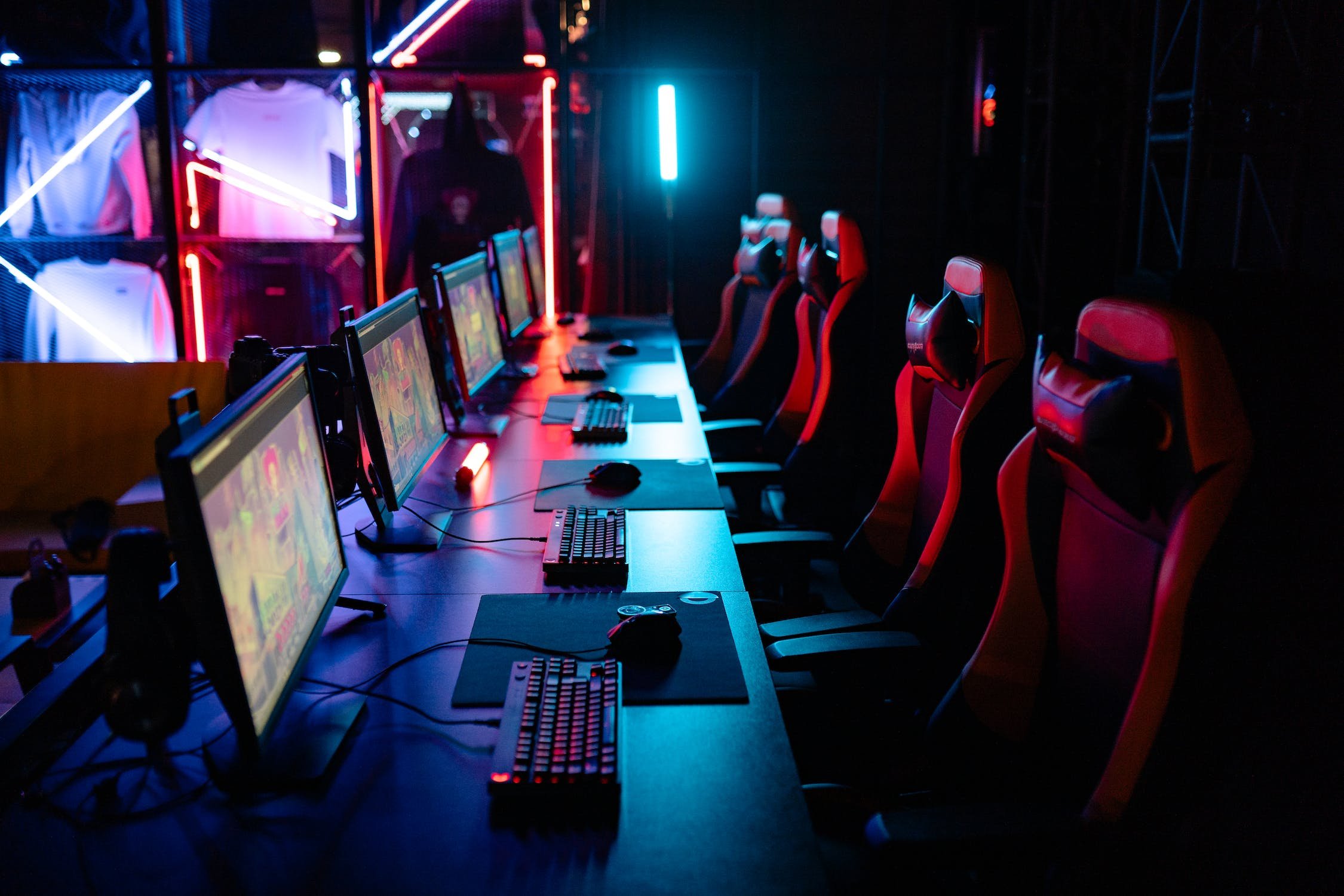In the past, gaming was a nifty escape from tedious routine. Most people took it as an harmless hobby that they enjoyed with their friends. Also, making a fortune out of gaming was a distant reality.
Times have changed now as gaming has become a full-fledged profession. The e-sports industry is worth billions of dollars and owes its popularity and rise to the ever-changing technology.
Initially, local area networks (LAN) successfully used to organize e-tournaments where all players came together to a same location while connected to the same local area network, though not online. Now, huge servers easily conduct global e-sports events. People may think the competitive gaming industry has peaked in recent years, but the fact is that e-sports is evolving by the day with technology in the driving seat.
It begs the question: What’s next in e-sports?
Well, that’s exactly what we’re going to discuss in this article. If you’re eager to know what we’ve predicted about e-sports in upcoming years, stick with us as we’re just getting started.
· More People Will Join E-sports
· More Sponsors Will Join E-sports
· Blockchain Technology in E-sports
· AR and VR in E-sports
More People Will Join E-sports:
In 2022, the e-sports industry’s worth was around $1.38 billion. In 2025, it may reach up to $1.86 billion. In other words, it means more people are heading towards e-sports.
Well, why shouldn’t they?
It’s a billion-dollar industry, with never-ending opportunities for new entrants. On top of that, it’s the ease of process that may attract newcomers to pursue a career in e-sports.
To pull off a successful career in e-sports, figure out what game you want to play. It can be PUBG, Tekken, or any popular game. But, don’t think of it as a walk in the park. Perhaps, it may be one of the most difficult choices you’ll ever make.
Make sure to have all the game’s tricks in your repertoire. Train vigorously and explore different strategies. Start from local tournaments and make your way up to the top. Plus, don’t forget to assist yourself with the best gadgets, importantly the internet. When practicing or competing against professionals, you simply cannot allow constant lag or buffer to keep your game down. Here, you might want to look into Optimum español (for Spanish customers) or simply ask them to direct you to English-speaking channel. With minimal latency that keeps the lag at bay, Optimum’s internet has ample bandwidth that provides a seamless gaming experience.
More Sponsors Will Join E-sports:
Brands want visibility and e-tournaments are a perfect place to advertise their business.
Why?
As already discussed above, the footfall in e-sport events is on a constant rise. Especially for sponsors, e-tournaments are a great opportunity to reach a global audience.
For athletes, it simply means better prospects of earning a handsome amount. They may need to iron out a wrinkle to get exclusive sponsor deals, but that isn’t as hard as one might think. A good following on social media and top-notch gameplay should be sufficient to get noticed among the sponsors.
In short, more sponsors indicate a win-win situation for all the parties involved. Bigger and better events can be organized with sponsorships, athletes will gain financial benefits, and sponsors can generate the needed traction.
Blockchain Technology in E-sports:
Besides Non-Fungible Tokens (NFTs) and cryptocurrencies, blockchain technology can be quite useful in e-sports. Here’s how:
· Transparency: The entire ecosystem of e-sports, from prize pool to sponsorships and match schedule to tournament guidelines, everything can be shifted to a blockchain. A remarkable feature of blockchain technology is that once written, no data can be removed from it. Let alone hacking, forging the data becomes quite a task on a blockchain. So, using it will surely increase transparency among the stakeholders and keep the data safe.
· Ease in Participation: With more people joining e-sports, organizers may have a difficult time catering to all of them. From collecting tournament fees to issuing guidelines and schedules, blockchain technology can overtake most tasks.
· Monetization: Athletes can use blockchain technology to generate more income. For example, athletes can launch their NFTs, like weapon skins, characters, or trophies, and trade or sell them.
AR and VR in E-sports:
While there’s no doubt about AR/VR involvement in games now, perhaps it’s time to make a formal entry in e-sports. Catering to viewers' and players' needs, AR and VR can contribute a lot to e-sports in the following ways:
· Players can train in an immersive environment, enabling themselves to try out different strategies.
· Players can receive real-time updates, allowing them to improve their gameplay.
· Viewers can spectate the match as if they’re a part of it. This may increase engagement and provide a totally different view for the spectators.
· AR or VR apps may help viewers access content like players or team records, interactive replays, or team information. This step may help the viewer stay up-to-date with their favorite athletes.
In short, e-sports is well on its way to reaching its full potential. We may have only predicted the outcomes of e-sports in upcoming years. But, don’t be surprised if it surpasses these expectations because it’s what technology always does.


















